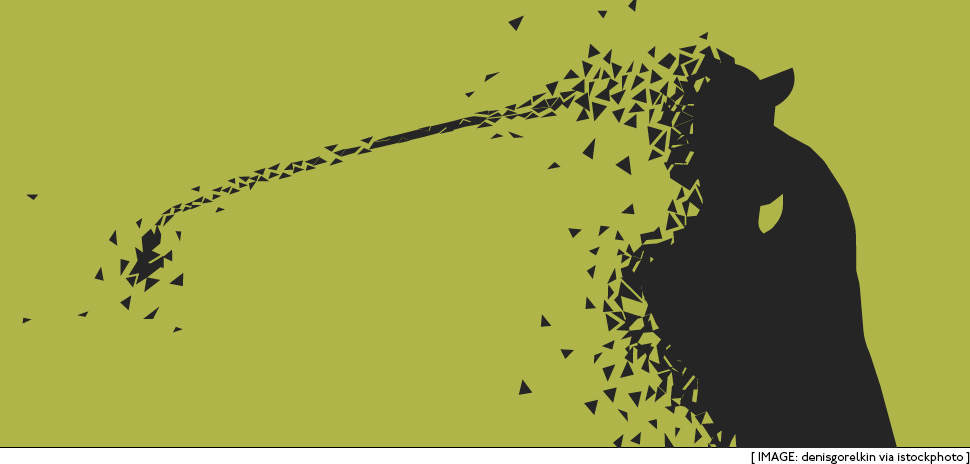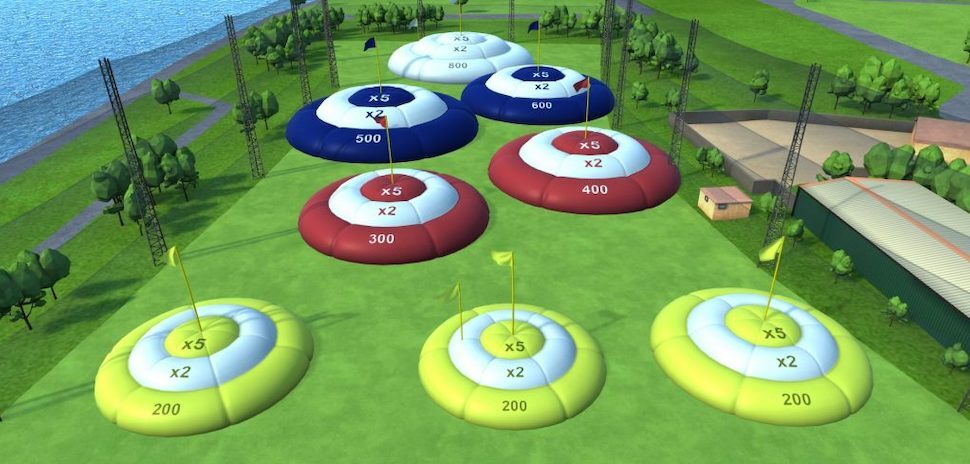With the Dallas-Fort Worth area in the midst of “golf-mania” — that period between the AT&T Byron Nelson in Irving, and the Dean & DeLuca Invitational at Colonial Country Club in Fort Worth — a new story is brewing. Namely, that high tech is starting to overshadow golf’s idea that long-held fundamentals are important to the game.
Once upon a time, being a shotmaker, defined as being able to execute a variety of golf shots, was the goal of anyone on the PGA Tour. But thanks to technology, that trend might be fading. Instead, some instructors are in favor of using technology and focusing more on statistics to help work one consistent shot pattern to succeed at the game.
“There’s plenty of data out there to help a player improve, and for me, I want people I work with to capture that one swing or that one fallback shot, that can help them get out of a rough spot and through their round,” Josh Smith, director of instruction with the Trophy Club Country Club, told the Fort Worth Star-Telegram.
“There’s plenty of data out there to help a player improve, and for me, I want people I work with to capture that one swing or that one fallback shot …”
Josh Smith
He went on to say that the direction in which a ball moves is a personal choice for every player, pointing out the difference between pro players Jim Furyk and Dustin Johnson. While Furyk uses the driver on every hole because he doesn’t hit the ball very far, “he’s one of the game’s most consistent players, and usually near the top of the list in driving accuracy on tour,” Smith said.
Johnson, in the meantime, known as a long hitter, began working with Butch Harmon to put more shape into his ball flight. As a result, he stopped hitting everything straight, and “started to develop a shot pattern that was consistent,” Smith said.
Use of tech and stats could also mean players will start skipping certain courses on the PGA Tour. Scott Fawcett, founder of PlayingLesson.com and Decade Golf software, works with several payers on the tour. He said players can look at their numbers, and fit their game to what’s offered on the schedule, rather than trying to change their styles of play to fit the particular course.
“If a guy doesn’t play the older courses well, like Colonial or Hilton Head, it makes more sense now for a player to skip that event and prepare for something else,” Fawcett told the Star-Telegram. “If a player has one consistent shot pattern, you can use a number of tools now to really dial in the things that make a player great in those tournaments.”






























